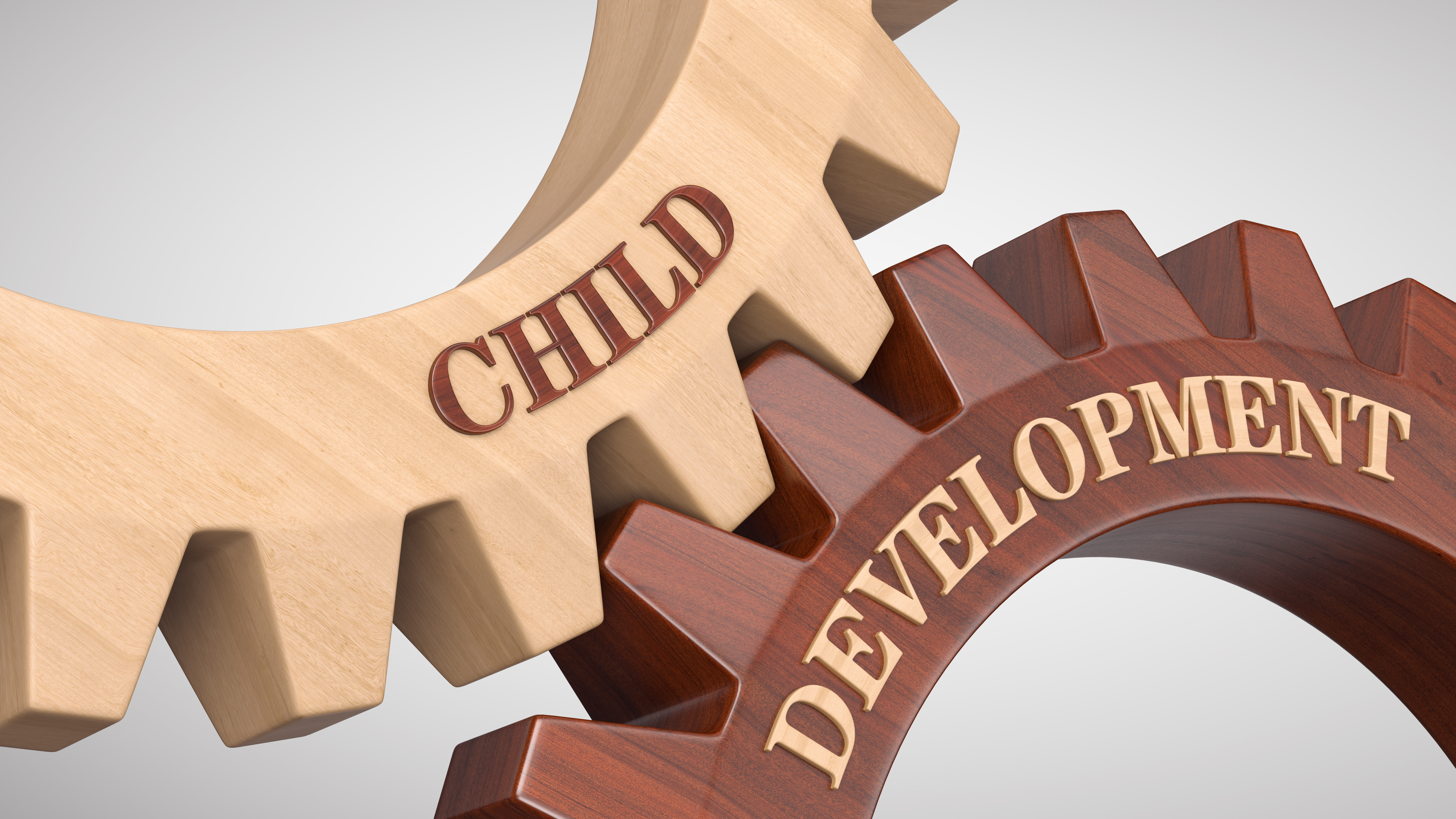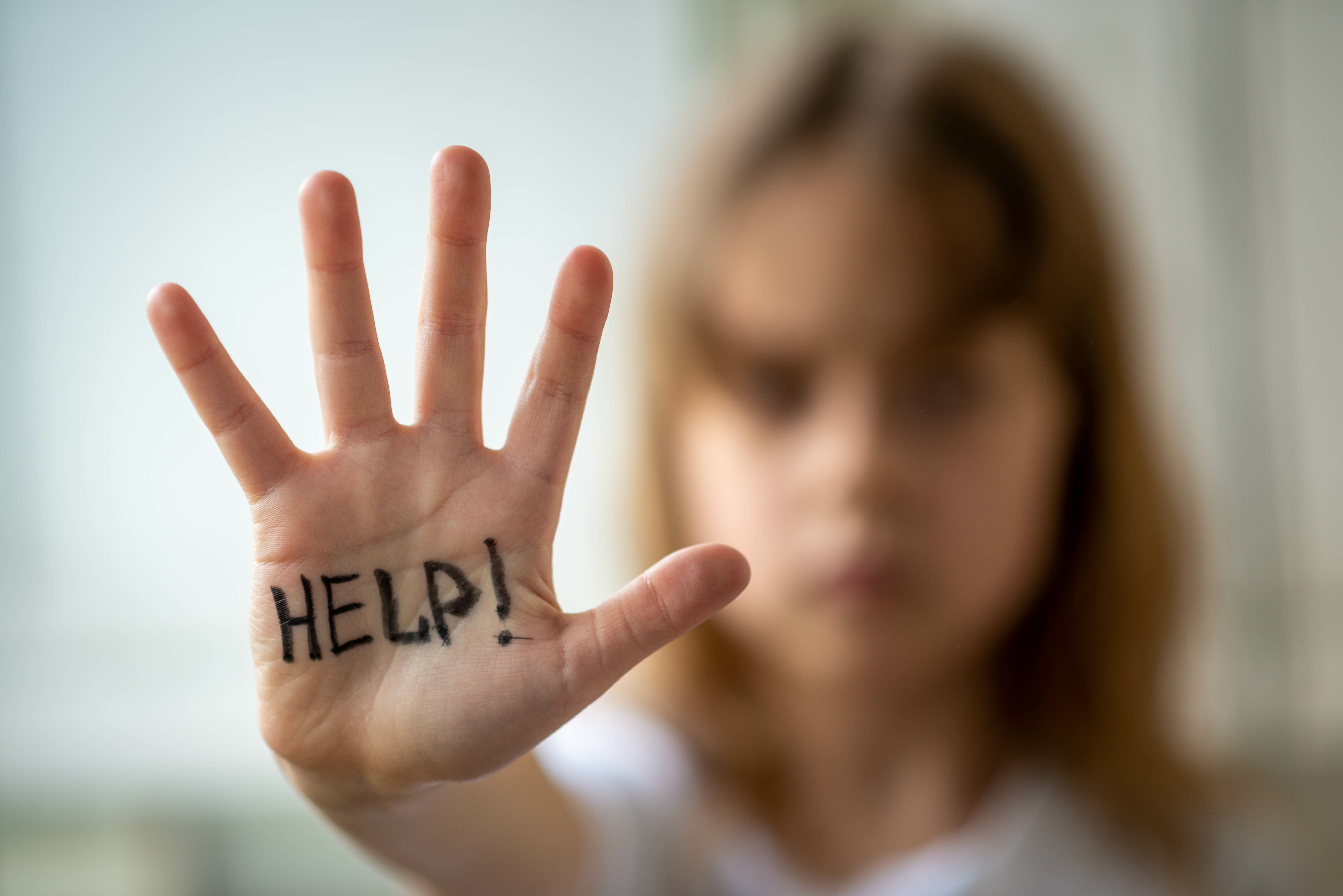Is It A Child Development Stage?

Do you wonder if the child or adolescent problem that worries you is just a normal child development stage, or a more serious psychological concern? You are not alone. Parents and professionals who work with children, adolescents and young adults frequently question whether their concerns about a young person are a normal stage of child development, or a serious concern.
Adolescent and child problems span a range of concerns. These include learning, social and emotional problems, as well as behavior problems. Some children externalize their distress, they show poor impulse control and act out in an angry, aggressive manner. Some children internalize their problems and appear withdrawn, irritable, anxious and/or depressed. Some children will show a combination of both internalizing and externalizing behaviors. Some children show problems sitting still and paying attention, or interacting with others, or any combination of the above concerns.
It is sometimes difficult to determine whether the concerns the young person shows are a normal child development stage or a more serious concern. Consider seeking help if the behaviors that worry you are persistent and severe, contribute to stress in the young person and his family, or interfere with his functioning at home, at school and when interacting with peers.
If the young person's behavior is unsafe or if she talks about wanting to hurt herself, or someone else, seek immediate help.
Seek help if the young person is smoking, using alcohol or other drugs.
The information presented in this article can help you decide whether the child problem that worries you is a normal child development stage or a more serious concern.
Signs of Psychological Well Being
Understanding the signs of psychological well being in children can help you determine whether the concerns that worry you, represent a normal developmental stage or a more serious concern that requires further attention.
Symptoms of psychological wellness include:
- The young person shows good ability to regulate and manage his emotions and behaviors appropriately.
- The young person shows good ability to engage in healthy, positive relationships with others.
- The young person is able to meet appropriate behavioral expectations.
- The young person generally demonstrates a stable, positive sense of self.
- The young person shows the ability to apply age appropriate skills to perform and follow through with daily tasks.
If the young person typically shows the behaviors associated with psychological wellness then the concerns that worry you may be a temporary issue, related to a recent psychological stressor. You might need to intervene or seek help to support the young person through this particular challenge or issue.
A Child Development Stage or a Psychological Concern?
Concerns that do not represent a normal stage of child development and are cause for concern include the following:
- Symptoms of Emotional Disturbance: These may include excessive worry, fearfulness, sadness
or pessimism. Everyone has these feelings sometimes, but when they are intense, and occur frequently they are cause for concern. This applies as well to children who have difficulty regulating their emotions and behaviors, and who act out in an angry and aggressive manner. Problems with sleeping can also occur when children are experiencing psychological distress.
- Avoidance Behaviors: These include active, atypical avoidance behaviors involving certain people, places or situations. Because the child avoids specific people, activities and situations she may appear non-compliant, stubborn or as if she has shut down.
- Self-Injurious Behaviors: These
include situations in which the child jeopardizes his physical well-being. He
might show suicidal behaviors (like thinking about or planning suicide, making
minor, or serious attempts), or cutting behaviors, or under-eating or
over-exercising in order to restrict body weight. If these behaviors are present seek immediate support.
- Peer Relationships: The child’s relationships are unusually intense or disturbing, or may include social isolation, or relationships in which the child has many or unusually severe arguments and fights, or peer bullying in which the child victimizes or is victimized by peers.
- Impulsive Behaviors: The child acts more impulsively than is typical and without thinking. The child may be physically overactive and have difficulty controlling his emotions or behaviors.
- Rules and Authority: The
child frequently disobeys adult rules and is often defiant and/or hostile
toward adults. In some cases the child may engage in cruel and/or highly
aggressive behavior toward peers and adults, or animals. These latter concerns also requires immediate support.
Understanding the Problem Is the Key to Solving it

"Understanding the Problem is the Key to Solving It." Dr. O'Connor's School Neuropsychological Evaluations
increase understanding of whether or not the concerns in a young
person that worry you are just a child development stage or a more
serious concern.
Dr. O'Connor provides in depth, comprehensive school neurpsychological assessments to get to "the root of the problem.
The school neuropsychological assessment provides a detailed, comprehensive understanding of the problem. It
leads to diagnoses that apply to the problem and provides the
foundation required to support evidence based interventions to address
it.
The assessment becomes part of the solution; its findings lead to evidence based interventions to address the psychological concerns in a young person that worry you.